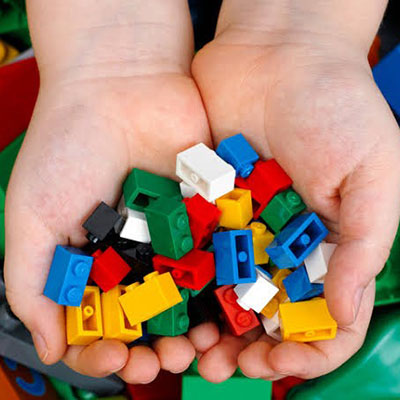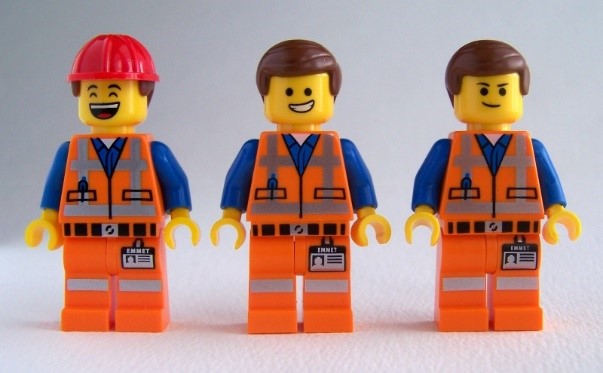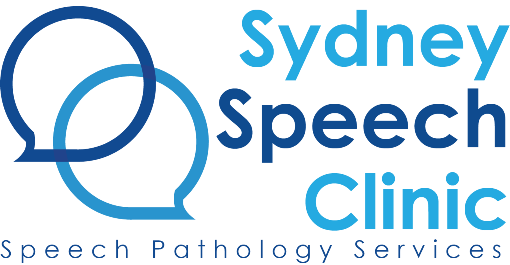Lego® based therapy is a social development program for children with social communication difficulties. It uses children’s interest and motivation for playing with Lego® to help them develop communication and social skills.
Lego® based therapy is used to teach children skills like turn-taking, eye contact, sharing, listening, conversation, teamwork, shared attention and problem-solving. Lego® based therapy offers a ‘‘naturalistic’’ approach to social skills development which can improve generalisation of social skills. (Delprato 2001;Kohler et al. 1997).
When children play with Lego®, they’re more likely to interact with each other, listen and work together through collaborative play.
Age 5-9
Monday the 15th, Tuesday the 16th and Wednesday the 17th of April 2024
1:30pm - 3:30pm each day
(2 hours x 3 days - 6 hour program)
Lego® based therapy goals
- Increased confidence with social interaction and building friendship skills
- Stronger awareness of 'teamwork' and collaborating with others
- Improved use of eye contact and awareness of 'body in the group' skills
- Opportunities to practice conversation repair, turn taking and active listening strategies
- Development of problem-solving, prediction and inferencing skills


What is Social Communication?

Who is Lego® based therapy useful for?

Where does Lego® based therapy come from?

What skills does Lego® based therapy focus on?

What does Lego® based therapy involve?

Roles in the group
- * an engineer, who has the instructions
- * a supplier, who has the bricks
- * a builder, who builds the model
- * a foreman or director, who’s makes sure everyone works as a team.

